Sleep Aid Antidepressant: Which is the Most Sedating?

Insomnia is common in depression. If you suffer from chronic pain, you may also experience clinical depression. Your doctor may treat you with certain antidepressants. Now, can you use a sleep aid antidepressant even if you don’t have depression?
Let’s find out here.
What is Sleep Aid Antidepressant?
Some antidepressants can be used as sleep aids. Their active ingredients may help with sleep disruption, in addition to treating symptoms of depression.
Chronic back pain patients without clinical depression can benefit from low doses of sedating antidepressants while providing them with pain-relieving properties.
The most common sedating antidepressants that offer sleep aid are Trazodone, Amitriptyline, and Doxepin.
If you are going to use them in treating your depression and letting you sleep, make sure that you use them in lower doses and short periods of time.
They are non-addictive, as long as you use them as prescribed by your doctor. These medicines offer analgesic benefits compared to the hypnotic class of medications.
Since they are non-addictive, you won’t develop any physical dependence or tolerance.
Are Antidepressants Used as Sleeping Aid Safe?
They are safe for short-term use. You should only take them when prescribed by your doctor.
But overall, these drugs only offer temporary benefits. They can still make your insomnia worse.
Thus, it is vital that you weigh the benefits against their risks. Keep in mind that sleep aids are only effective if you use them sparingly for the short term.
If you use them over the long term, you may develop dependence or tolerance.
What is the Better Solution for Your Insomnia?
Antidepressants as sleep aid must not be used as a long-term solution for your insomnia. The sedative effects tend to wear off after weeks of using them.
Your body becomes used to their effects. As a result, you would want to increase the dose so you could get the same effect.
Furthermore, these so-called sleep aids don’t address the reason why you can’t sleep in the first place. Instead, they just cover up the issue. And if you stop taking them, your insomnia will return.
The best way to resolve your sleep issue is to know the cause.
Is there something that’s affecting your sleep? What is it? It can be that your bed is too soft or hard. You might benefit from using the right bed for your back.
What are your daytime routines? How about your bedtime? Do you get up and sleep at the same time every day? This is a routine that you might want to start following to help you get to sleep.
To avoid sleep aids, you might want to try these tips for getting a better night’s sleep. They work as natural sleep aids.
1.) Get a Regular Exercise
Sure, you are aiming to lose weight through exercise. But trimming down your waistline isn’t the only benefit you can get from exercising regularly.
Regular exercise like brisk walking or jogging will also help you get better sleep at night. The reason for this is that exercise boosts the production of natural sleep hormones. Melatonin is a hormone that controls your sleep patterns. Studies show that melatonin supplements may help treat insomnia in some patients.
Postmenopausal women can benefit from three and a half hours of exercise per week to fall asleep more quickly.
However, don’t exercise too close to your bedtime. The reason for this is that you will have a hard time going to sleep as exercise is stimulating.
Instead, do your workout in the morning. Allow yourself to be exposed to bright daylight to trigger your natural circadian rhythm.
2.) Use Your Bed for Sleeping
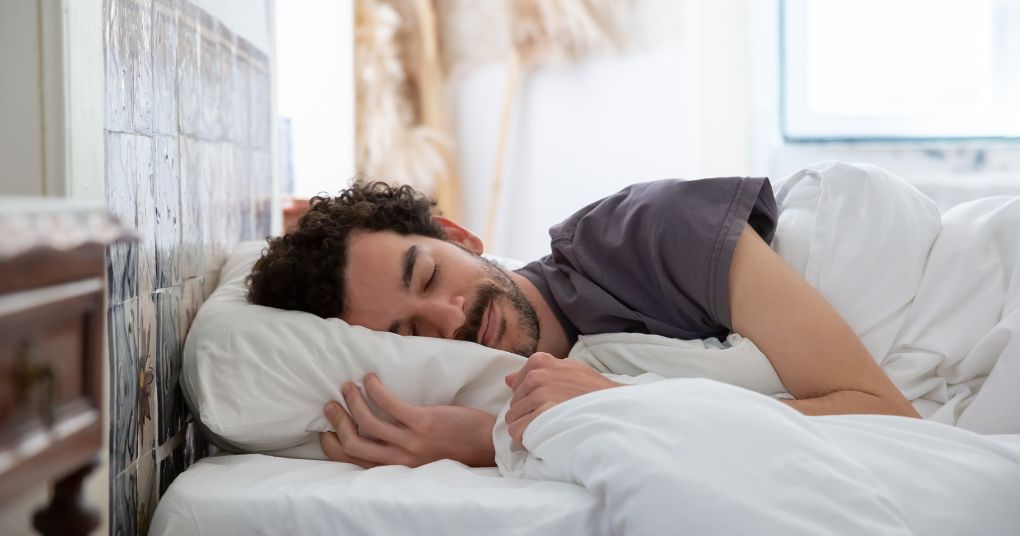
If you are using it as your office, then you better stop doing it. Your bed must only be used to stimulate your sleep and not for wakefulness.
In that case, you must not use it to watch late-night TV. Never put a TV in your bedroom as you are tempted to watch your favorite TV series in the middle of the night.
You should reserve your bed and bedroom for sleep (and some sex).
3.) Make Bed Comfortable
TV is not the only item that can distract your sleep time. You should also ensure that the ambiance in the room is conducive to sleep.
Thus, ensure that your bedroom is as comfortable as possible. You want the room to be dark and cool.
A quiet, dark, and cool environment can promote sleep. If you have difficulty sleeping because of the artificial light coming from the outside, try a sleep aid mask.
It’s highly effective in blocking out light so you can fall asleep quicker.
Try our eye mask here with FREE shipping.
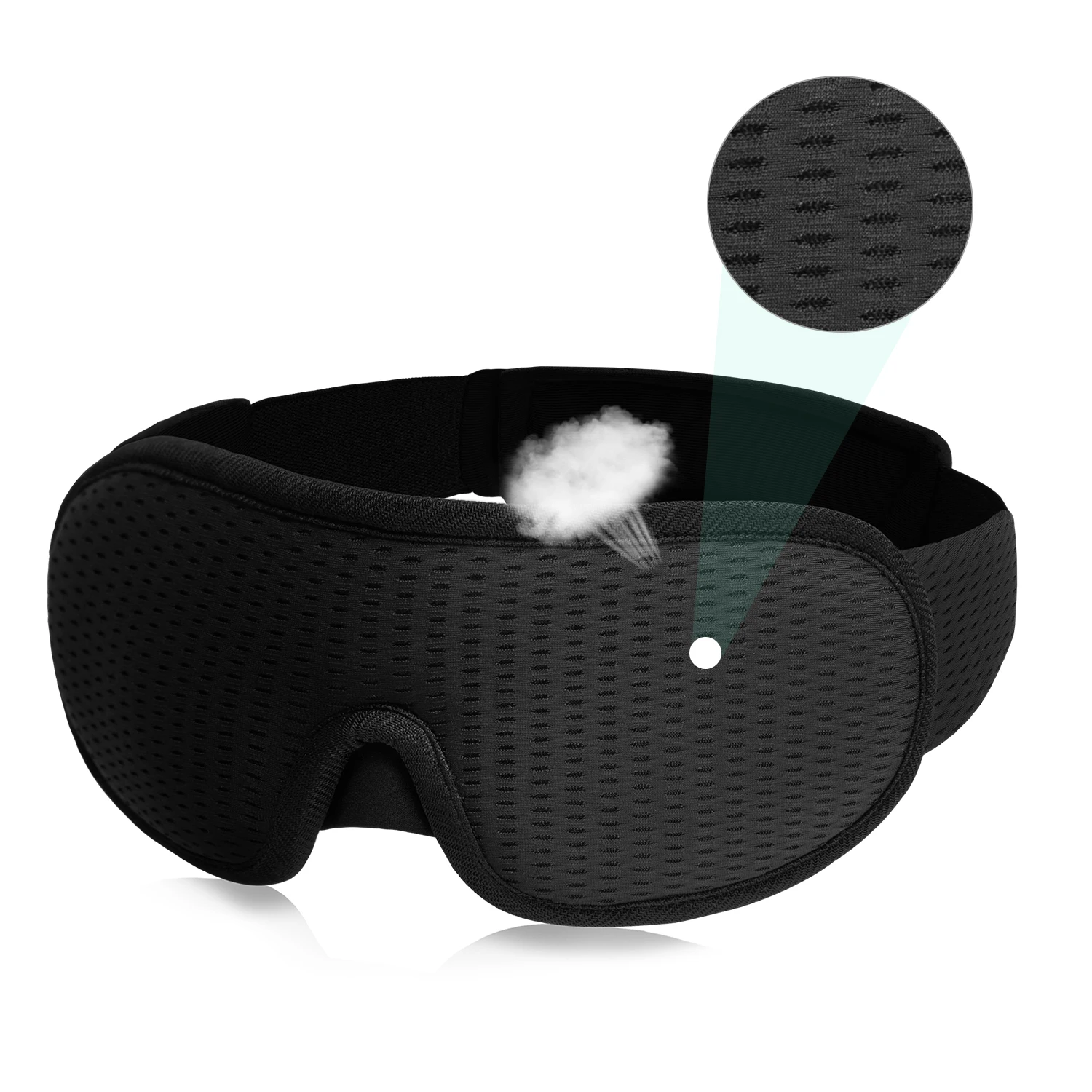
4.) Start a Sleeping Routine
When you were still a baby, your mother used to read you a story before tucking you into bed. It happened every night. It was a comforting ritual that put you to sleep quickly.
But you can’t ask your mother to do it again. Instead, you can set your own bedtime rituals. They can signal your body that it is time for sleep.
For instance, your ritual can be drinking warm milk after taking a bath. Or listening to calming music as you arrange your bed.
5.) Eat Hours Before Bedtime
They say that you should not eat with your stomach empty. But if your stomach is full, it can disrupt your sleep so you will be needing sleeping pills to treat insomnia.
That’s why you should still eat but not too much food. Don’t eat a big meal three hours before bedtime.
If you feel hungry before bedtime, eat a small snack. This will help you fill your stomach and satisfy it until breakfast.
Some Koreans practice eating before 7 pm.
6.) Lower Your Stress
Stress can be one of the reasons you are not getting enough sleep. The thing you are worried about may keep you up at night. Or it can be jet lag.
Because stress is a stimulus, it activates your fight-or-flight hormones. Unfortunately, they work against your sleep causing a lof sleep problems.
Thus, make sure to give yourself time to wind down before your sleep schedule so that staying asleep will be a lot easier.
Learn relaxation techniques to promote good sleep and improve sleep. You should also reduce your daytime anxiety to avoid sleep disorders.
Try deep breathing exercises.
Before you go to bed, inhale slowly and deeply and exhale.
Sleeping Aids — Do You Need Them?
You may need sleep aid antidepressants. But you should only take them if they are prescribed by your doctor. They come with adverse side effects. If you have difficulty sleeping, try some of the tips mentioned above.

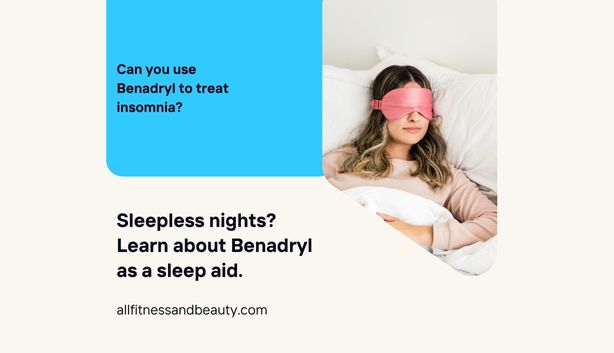
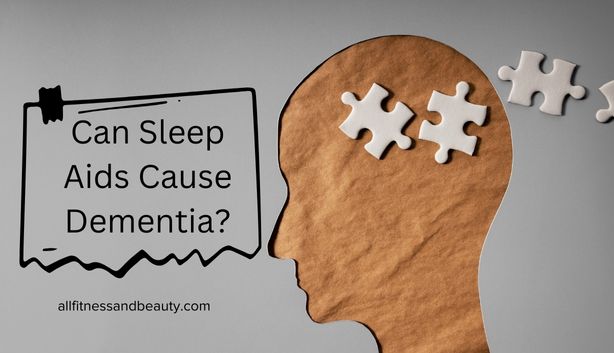
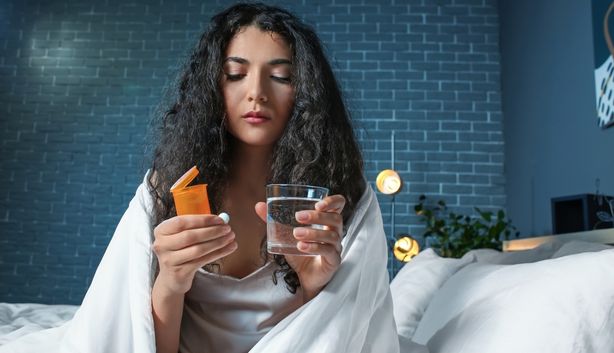
Leave a comment